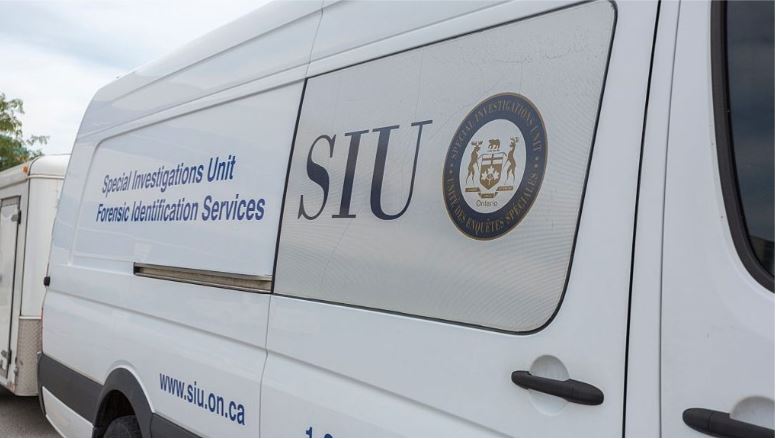Surge in cardiac cases due to Monday snow storm has Ottawa heart institute cautioning residents
Posted Jan 19, 2022 07:35:00 PM.
Ottawa's record-breaking snowfall has lead to a surge in cardiac patients, says the University of Ottawa Heart Institute.
Between 11 a.m. and 4p.m. on Monday, January 17, Ottawa paramedics responded to eight different calls for patients experiencing symptoms such as chest pain; discomfort; acute shortness of breath; cardiac palpitations; sudden onset of dizziness; weakness; and some even experiencing temporary loss of consciousness.
In each case, the residents — primarily men — were clearing snow, either manually or using a snowblower.
The heart institute is urging residents to take caution when shovelling snow or using a snowblower to prevent serious cardiac events.
“There have been studies that have demonstrated that you can actually get your heart rate up to its maximal heart rate within a few minutes of snow shovelling,” Dr. Hassan Mir, tells CityNews Ottawa.
“Be mindful that even the use of a snowblower, when you're pushing through the snow, can add a bit of stress to your heart. So it's not risk-free.”
A few things are going on in the human body during snow shovelling, explains the doctor: cold weather restricts arteries, reducing blood flow, while huffing, puffing and straining muscles increases demand for blood.
It can be like lifting heavy weights with no warm up — a perfect storm for heart issues.
“There are some older studies that commented that your blood pressure could go into the two-three-hundred range, systolic,” says Dr. Mir. “Lifting, clearly is a lot more physically intensive than just pushing snow to the side.”
Other tips to avoid ending up in the hospital after shovelling snow: ask for help; take your time; and staying hydrated.
The heart institute says those with a family history of heart disease or known risk factors should avoid physical overexertion.










